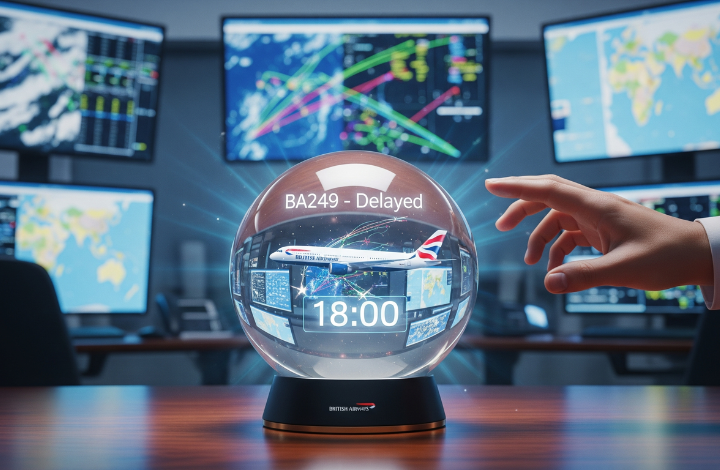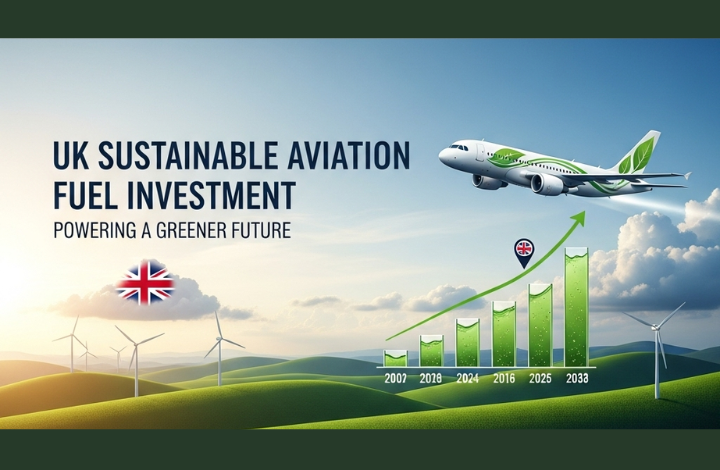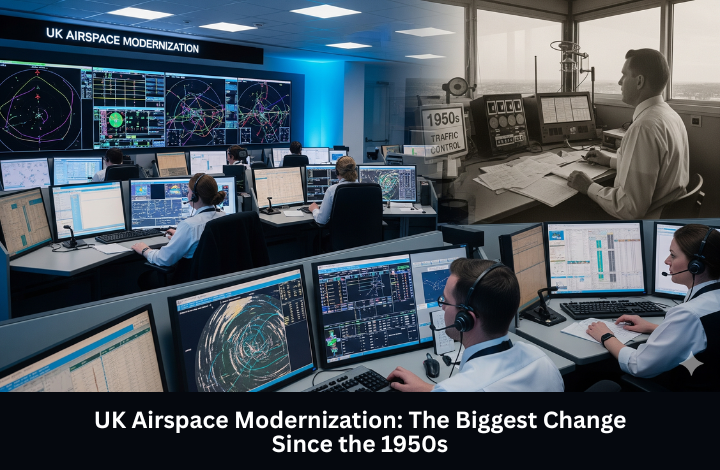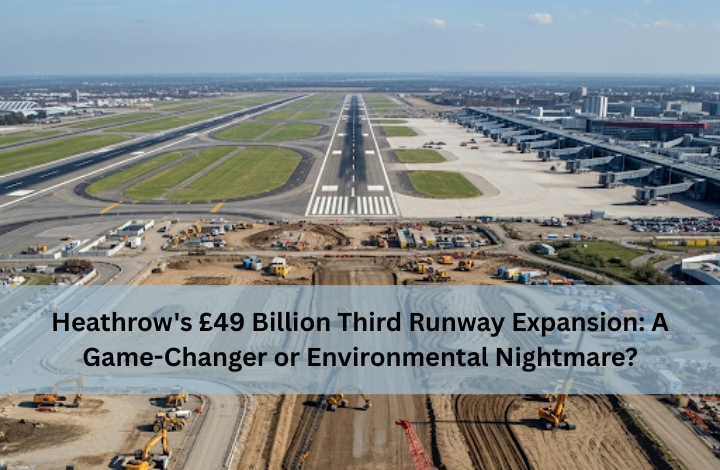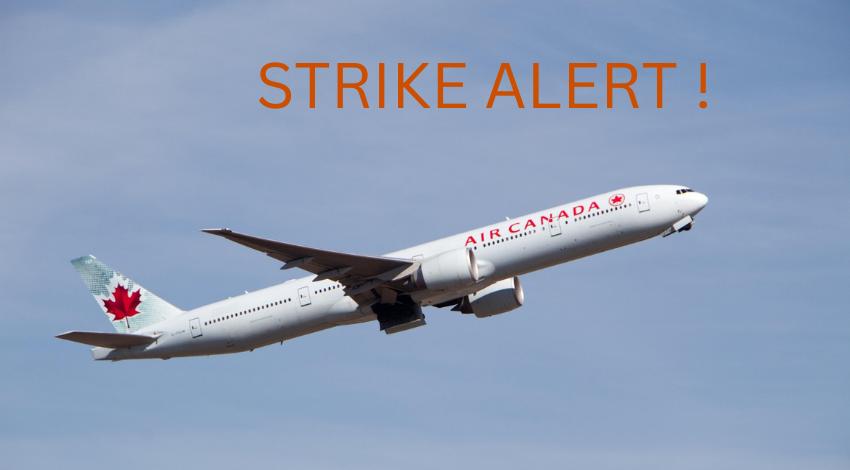British Airways has quietly achieved one of the most remarkable transformations in aviation history—deploying artificial intelligence systems capable of predicting flight delays 18 minutes in advance and boosting punctuality to record-breaking levels. The airline's £100 million investment in "operational resilience" has yielded extraordinary results, with on-time departures at Heathrow soaring from 46% in 2008 to an unprecedented 86% in the first quarter of 2025.
The Scale of Transformation
The numbers behind British Airways' AI revolution are staggering. In April 2025, two-thirds of all BA flights from Heathrow departed ahead of their scheduled time—more than double the rate achieved in April 2023 and nearly 20% higher than 2024. The airline achieved 90% or better punctuality on 38 of 89 operational days in Q1 2025, establishing a new industry benchmark for European network carriers.
This transformation represents the most significant improvement in operational performance by any major European airline in the past decade. At a time when industry punctuality has deteriorated across Europe due to air traffic control failures and capacity constraints, British Airways has bucked the trend through strategic AI deployment.
The iTEC Foundation: NATS' £600 Million Revolution
The foundation for BA's AI breakthrough lies in the UK's revolutionary iTEC (Interoperability Through European Collaboration) air traffic management system, developed by Indra at a cost of £600 million. Deployed at NATS' Prestwick Centre in 2016 and now operational across UK airspace, iTEC enables predictive analytics software called iFacts to forecast aircraft positions up to 18 minutes in advance.
This four-dimensional air traffic management system incorporates time alongside latitude, longitude, and altitude, allowing controllers to predict congestion and optimize flight paths proactively rather than reactively. Simon Daykin, iTEC's chief architect, explains: "In effect we can get an earlier view of where congestion will be in the sky and tweak flight paths, which means less re-routing. We can now slow traffic down en route so you don't get stuck in a holding pattern over London".
The system enables continuous climb and descent profiles instead of traditional stepped approaches, reducing fuel burn by "just under 10%" while cutting emissions and operating costs. More importantly for passengers, it virtually eliminates holding patterns that previously saw six out of ten Heathrow arrivals circling the airport, releasing 600 tonnes of CO2 daily into London's skies.
Mission Control: BA's Digital Twin Revolution
British Airways has taken iTEC's capabilities to the next level through "Mission Control," a groundbreaking operational platform powered by Emu Analytics' digital twin software called Flo.w. This real-time system processes vast amounts of operational data from aircraft, ground support vehicles, and multiple airport systems, presenting it as an intuitive visual display for instant decision-making.
Mission Control has already delivered quantifiable results, saving 160,000 minutes of delays through optimized aircraft allocation and gate assignments. The system analyzes passenger connection patterns in real-time, ensuring aircraft are positioned at gates that minimize walking distances for connecting passengers and reduce the risk of missed connections.
Richard Anderson, BA's Director of Global Operations, emphasizes the system's transformative impact: "Mission Control allows us to reduce any inconveniences to our customers and ensure that we're able to turn the operation as quickly as possible. We can now perform retrospective analysis on how long these activities will take, see where the pinch points are, where the delays are, get trend analysis, and then feed that back into the future planning".
Weather Prediction: The 243,000-Minute Miracle
One of BA's most impressive AI applications involves weather-related delay prevention. The airline's predictive weather system analyzes atmospheric conditions, wind patterns, and storm trajectories to reroute flights before they encounter turbulence or adverse conditions. This proactive approach has prevented 243,000 minutes of weather-related delays, with direct communication links to European air traffic control centers enabling seamless route modifications.
The system's sophistication extends to modeling air traffic control capacity reductions during severe weather. By predicting which airports will experience delays due to thunderstorms or fog hours in advance, BA can adjust departure times, reroute flights, or swap aircraft to minimize passenger disruption.
Runway Support: AI Crisis Management
British Airways' "Runway Support" program represents artificial intelligence applied to crisis management, processing massive datasets about schedules, passengers, and crew to calculate optimal responses to disruptions. The system has modeled 163 disruption scenarios across 2024 and 2025, recommending whether to delay, cancel, or reschedule flights based on real-time analysis of passenger connections, crew availability, and aircraft positioning.
When disruptions occur, the AI can instantly identify passengers with tight connections, those traveling to final destinations, and business travelers with flexible arrangements. This intelligence enables targeted rebooking that minimizes overall passenger impact while optimizing aircraft utilization.
The Human Element: 100 Data Scientists and Growing
British Airways' AI transformation required significant human capital investment. The airline has hired over 100 data scientists since 2023, building internal expertise to develop, maintain, and enhance AI systems continuously. This represents one of the largest data science recruitment drives in European aviation history.
CEO Sean Doyle emphasizes the human-AI collaboration: "The tech colleagues have at their fingertips has been a real gamechanger for performance, giving them the confidence to make informed decisions for our customers based on a rapid assessment of vast amounts of data". The AI systems provide decision support rather than automated control, ensuring human oversight remains central to safety-critical operations.
Towing Operations: The Hidden Efficiency Gain
One of BA's most innovative AI applications addresses aircraft towing—typically invisible to passengers but critical for on-time performance. At Heathrow, aircraft frequently require repositioning between terminals, maintenance hangars, and stands. Mission Control tracks every aircraft movement by the second, optimizing towing schedules to ensure planes arrive at their assigned positions precisely when needed.
This capability is particularly valuable given BA's complex Heathrow operation, with customer services at the airport's western terminals and engineering facilities at the eastern end. The system's second-by-second tracking enables retrospective analysis of towing efficiency, identifying bottlenecks and feeding trend data into future operational planning.
The £7 Billion Transformation Context
BA's AI initiatives represent just one component of a comprehensive £7 billion transformation program launched to modernize the airline's operations. This investment includes fleet renewal with more fuel-efficient aircraft, terminal improvements, and extensive IT infrastructure upgrades to replace aging systems that previously caused high-profile failures in 2017, 2019, and 2022.
The transformation extends beyond operational improvements to encompass passenger experience enhancements, sustainability initiatives, and workforce development. However, the AI deployment has emerged as the program's most visible success, delivering measurable improvements that directly benefit travelers.
Electronic Technical Logs: Predictive Maintenance Revolution
British Airways has complemented its operational AI with predictive maintenance systems, deploying electronic technical logs (E-Logs) across its 270-aircraft fleet. This iPad-based platform enables pilots and cabin crew to report technical issues immediately, with information fed directly to maintenance teams who can pre-order parts and prepare solutions before aircraft arrival.
The system has eliminated over 900,000 pieces of paper annually while enabling proactive maintenance scheduling that reduces aircraft downtime. By identifying potential problems before they cause delays, the E-Logs platform supports BA's broader punctuality improvements while enhancing safety and operational efficiency.
Industry Recognition and Awards
British Airways' AI innovations have garnered significant industry recognition. The airline won the "Most Innovative Airline Initiative" award at the Future Travel Experience EMEA conference for its Mission Control system. This recognition underscores the aviation industry's acknowledgment that BA's approach represents a new standard for operational excellence through technology deployment.
Jorge Saco, IAG's Chief Information, Procurement, Services, and Innovation Officer, noted: "This recognition underscores our commitment to pioneering advancements in the aviation industry, enhancing the customer experience, and pushing the boundaries of what's possible".
Competitive Implications and Industry Response
BA's AI-driven punctuality improvements have intensified competitive pressure across European aviation. While other carriers struggle with air traffic control delays and operational disruptions, BA's technological advantage creates customer preference for its services, particularly among business travelers who prioritize schedule reliability.
The success has prompted rival airlines to accelerate their own AI investments, with United Airlines deploying "Connection Saver" technology and American Airlines testing similar systems at hub airports. However, BA's head start and comprehensive approach may prove difficult to replicate quickly.
The Economics of AI Investment
British Airways' £100 million operational resilience investment has generated substantial returns through reduced delay costs, improved aircraft utilization, and enhanced customer satisfaction. Industry estimates suggest each minute of delay costs airlines at least $100, meaning the 403,000 minutes of delays prevented by BA's AI systems represent savings exceeding $40 million.
These financial benefits extend beyond direct cost savings to include improved passenger loyalty, premium pricing power, and operational efficiency gains that compound over time. The investment represents approximately 1.4% of BA's £7 billion transformation budget but has delivered disproportionately visible results.
Future Applications and Expansion Plans
British Airways plans to expand its AI capabilities with new applications for pilots and cabin crew, aiming for even faster aircraft turnarounds and departure performance. The airline is developing mobile apps that provide real-time operational intelligence directly to front-line staff, enabling faster decision-making during irregular operations.
Future AI applications may include passenger flow prediction, baggage handling optimization, and integrated customer service systems that anticipate traveler needs based on flight status, weather conditions, and historical patterns. These developments could further enhance BA's competitive position while setting new industry standards for technology-enabled customer experience.
Safety and Reliability Considerations
Despite AI's transformative potential, British Airways maintains strict human oversight of all safety-critical decisions. The iTEC system specifically preserves human control over aircraft separation and routing decisions, with AI providing decision support rather than autonomous operation. Michelle Gibson, an air traffic controller and iTEC project team member, explains: "It's still up to me to resolve the conflict and come up with a plan".
This human-AI collaboration model addresses aviation industry concerns about technology reliability while maximizing efficiency gains. BA's approach demonstrates that substantial operational improvements are achievable without compromising safety standards that have made commercial aviation the world's safest form of transportation.
Global Context and Technology Transfer
British Airways' AI success occurs within a broader global context of aviation technology advancement. Brazilian carrier Azul has deployed comparable AI systems for aircraft allocation and crew scheduling, while emerging markets increasingly adopt predictive analytics for operational optimization. However, BA's £100 million investment significantly exceeds those in developing aviation markets, highlighting the resources required for comprehensive AI deployment.
The technological capabilities developed for BA's system have potential applications across the aviation industry, from airport operations to cargo logistics. NATS' iTEC platform is already being deployed across Europe, while digital twin technologies like Emu Analytics' Flo.w are being adopted by other carriers and airports globally.
The Passenger Experience Revolution
For passengers, BA's AI revolution translates into dramatically improved travel reliability. The 86% on-time performance represents a fundamental shift from the era of chronic delays and uncertainty that characterized European aviation for decades. Business travelers, in particular, benefit from predictable departure times that enable tighter scheduling and reduced travel-related stress.
The improvements extend beyond punctuality to encompass connection reliability, gate allocation efficiency, and proactive communication about potential disruptions. Passengers increasingly report confidence in BA's schedule reliability, with the airline's premium positioning supported by technological superiority rather than just service quality.
Environmental Benefits
BA's AI systems deliver substantial environmental benefits through reduced fuel consumption and emissions. The elimination of holding patterns, optimization of flight paths, and predictive weather routing have cut unnecessary fuel burn while reducing aviation's carbon footprint. These improvements align with industry sustainability goals while demonstrating that operational efficiency and environmental responsibility can advance simultaneously.
The continuous climb and descent profiles enabled by iTEC reduce noise pollution around airports, addressing community concerns about aviation's environmental impact. These benefits compound as more airlines adopt similar technologies, potentially transforming aviation's environmental profile through collective efficiency improvements.
Looking Forward: The Next Frontier
British Airways' AI transformation represents the beginning rather than the culmination of technology's role in aviation operations. The airline's success demonstrates that substantial improvements remain achievable through strategic technology deployment, even in mature industries with established operational patterns.
As AI capabilities continue advancing and data sources proliferate, future applications may include fully integrated passenger journey management, autonomous ground operations, and predictive customer service that anticipates needs before they arise. BA's current success positions it to lead these next-generation developments while continuing to benefit from its existing technological advantages.
The airline's transformation from chronic delays to industry-leading punctuality through AI deployment offers a compelling case study for technology-enabled operational excellence. In an industry where minutes matter and passenger expectations continue rising, BA's AI crystal ball has proven that the future of aviation may be more predictable than anyone imagined—precisely 18 minutes more predictable, to be exact.
Leave A Reply
Your email will not be published. Required fields are marked.









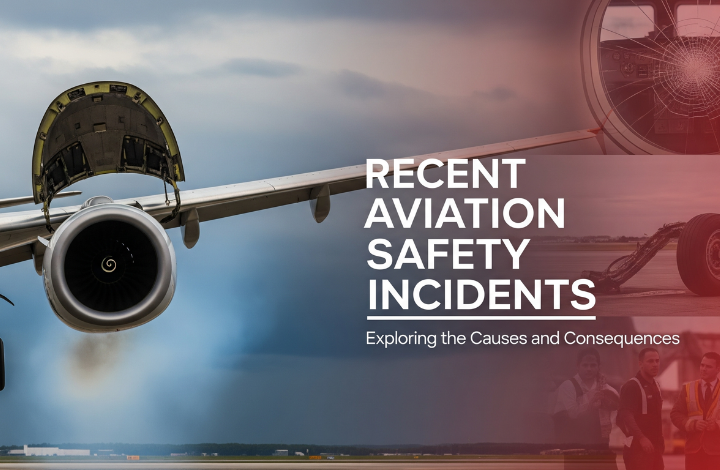
 September 15, 2025
September 15, 2025

